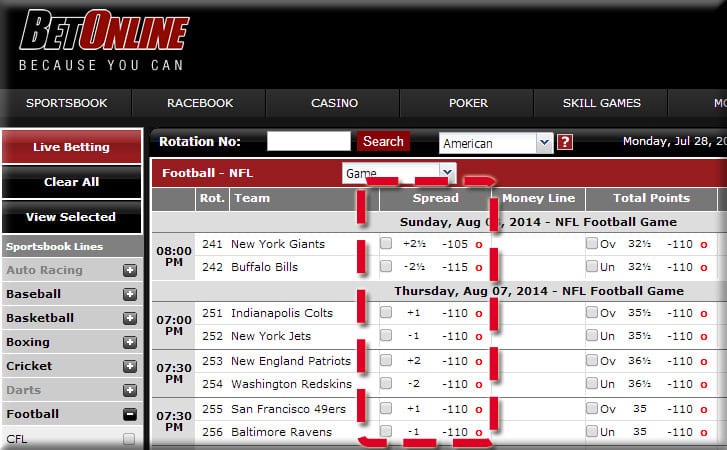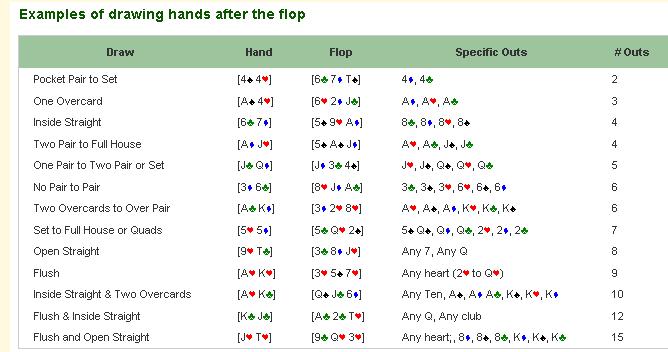Understanding the Dynamics of Odds Movement
Odds movement is a critical component of sports betting that can significantly impact the outcome of a wager. It refers to the fluctuations in betting odds that occur before an event takes place. These fluctuations can be influenced by various factors, including the actions of bookmakers, market forces, and external factors such as weather conditions, injuries, or suspensions. Bookmakers adjust odds to manage their risk exposure, balance their books, and attract more bets on a particular outcome. Market forces, such as supply and demand, also play a significant role in shaping odds. External factors, on the other hand, can cause sudden and unexpected changes in odds. To make informed betting decisions, it’s essential to understand the dynamics of odds movement and how it affects betting outcomes. Should you accept odds movement, it’s crucial to recognize that odds are not fixed and can change rapidly. By grasping the underlying causes of odds movement, bettors can develop a more strategic approach to betting, increasing their chances of long-term success.
The Psychology of Odds Movement: Fear, Greed, and Market Sentiment
The psychology of odds movement plays a significant role in shaping betting decisions. Fear, greed, and market sentiment are three key emotional responses that can influence how bettors react to shifting odds. When odds move in favor of a particular outcome, fear of missing out can drive bettors to place impulsive bets, hoping to capitalize on the perceived value. On the other hand, when odds move against a favored outcome, greed can take over, leading bettors to chase losses in an attempt to recoup their investments. Market sentiment, which is often driven by media coverage and public opinion, can also sway betting decisions, causing bettors to follow the crowd rather than making informed choices. Should you accept odds movement, it’s essential to recognize the emotional biases that can cloud judgment and lead to poor decision-making. By understanding the psychological aspects of odds movement, bettors can develop strategies to mitigate the impact of emotional responses and make more informed, data-driven decisions.
How to Identify Value in Shifting Odds
Identifying value in shifting odds is crucial for making informed betting decisions. To do so, bettors must recognize opportunities, assess risk, and make data-driven decisions. One effective approach is to use data and analytics to inform betting strategies. By analyzing historical data, bettors can identify trends and patterns that can help them make more accurate predictions. Additionally, monitoring odds movement in real-time can help bettors capitalize on value opportunities as they arise. Should you accept odds movement, it’s essential to have a solid understanding of the underlying factors driving the shift. This includes considering the impact of external factors, such as injuries or weather conditions, as well as market forces, like supply and demand. By combining data analysis with a deep understanding of the underlying factors, bettors can make more informed decisions and increase their chances of long-term success. Furthermore, it’s essential to assess risk and manage bankrolls effectively to avoid over-betting and minimize losses.
The Impact of Odds Movement on Betting Strategies
Odds movement can significantly impact various betting strategies, including hedging, arbitrage, and value betting. Hedging strategies, which involve placing bets on multiple outcomes to minimize risk, can be affected by odds movement as it can alter the expected value of each bet. Arbitrage strategies, which involve exploiting differences in odds between bookmakers, can also be influenced by odds movement, as it can create new opportunities for profit or eliminate existing ones. Value betting strategies, which involve identifying mispriced odds, can be heavily influenced by odds movement, as it can reveal new value opportunities or render existing ones obsolete. Should you accept odds movement, it’s essential to adapt your betting strategies to respond to shifting odds. This may involve adjusting stake sizes, switching between different betting markets, or even changing the underlying strategy itself. By being flexible and responsive to odds movement, bettors can maximize their chances of long-term success. Furthermore, understanding how odds movement affects different betting strategies can help bettors identify areas for improvement and optimize their approach to achieve better results.
Long-Term Consequences of Chasing Odds Movement
Chasing odds movement can have severe long-term consequences for bettors. One of the most significant risks is over-betting, where bettors become overly aggressive in pursuit of short-term gains, leading to unsustainable losses. Another consequence is chasing losses, where bettors attempt to recoup losses by placing more bets, often with reckless abandon. This can lead to a vicious cycle of debt and financial instability. Furthermore, constantly chasing odds movement can lead to the development of unhealthy betting habits, such as impulsive decision-making and emotional betting. Should you accept odds movement, it’s essential to be aware of these potential pitfalls and take steps to mitigate them. This includes setting realistic goals, managing bankrolls effectively, and cultivating emotional control. By doing so, bettors can avoid the long-term consequences of chasing odds movement and instead focus on achieving sustainable, long-term success.
Developing a Disciplined Approach to Odds Movement
To navigate odds movement effectively, it’s essential to develop a disciplined approach. This involves setting clear boundaries and rules for betting, managing bankrolls effectively, and cultivating emotional control. By doing so, bettors can avoid impulsive decisions and stay focused on their long-term goals. Should you accept odds movement, it’s crucial to establish a structured approach to betting, including setting limits on stake sizes, defining risk tolerance, and identifying profitable opportunities. Additionally, bettors should prioritize emotional control, recognizing when emotions are influencing their decisions and taking steps to mitigate their impact. This may involve taking regular breaks, seeking support from peers or professionals, and engaging in self-reflection to identify areas for improvement. By adopting a disciplined approach to odds movement, bettors can increase their chances of achieving long-term success and avoiding the pitfalls of chasing odds movement.
Real-World Examples of Odds Movement in Action
To illustrate the complexities of odds movement, let’s examine some real-world examples. In the 2020 Super Bowl, the Kansas City Chiefs were initially favored by 1.5 points over the San Francisco 49ers. However, as the game approached, the odds shifted significantly, with the Chiefs becoming 2.5-point favorites. This movement was largely driven by market forces, as a surge in betting activity on the Chiefs led bookmakers to adjust the odds. Should you accept odds movement, it’s essential to recognize how these shifts can impact betting outcomes. In this case, bettors who took the Chiefs at the initial odds of -1.5 would have secured a more favorable position than those who waited until the odds shifted. Another example can be seen in the English Premier League, where odds movement is often influenced by team news, injuries, and external factors. For instance, if a key player is ruled out due to injury, the odds on their team may shift significantly, presenting opportunities for savvy bettors to capitalize on the new information. By studying these real-world examples, bettors can gain a deeper understanding of the complex factors driving odds movement and develop strategies to respond effectively.
Conclusion: Navigating Odds Movement for Long-Term Success
In conclusion, navigating odds movement is a crucial aspect of achieving long-term success in betting. By understanding the dynamics of odds movement, recognizing the psychological factors that influence betting decisions, and developing a disciplined approach, bettors can increase their chances of success. Should you accept odds movement, it’s essential to identify value in shifting odds, adapt strategies to respond to changing circumstances, and avoid the pitfalls of chasing odds movement. By doing so, bettors can make informed decisions, manage risk effectively, and cultivate a winning mindset. Remember, odds movement is a natural part of the betting landscape, and by embracing this reality, bettors can gain a competitive edge and achieve long-term success. By following the guidance outlined in this article, bettors can develop a strategic approach to odds movement, stay ahead of the curve, and reap the rewards of informed betting decisions.







